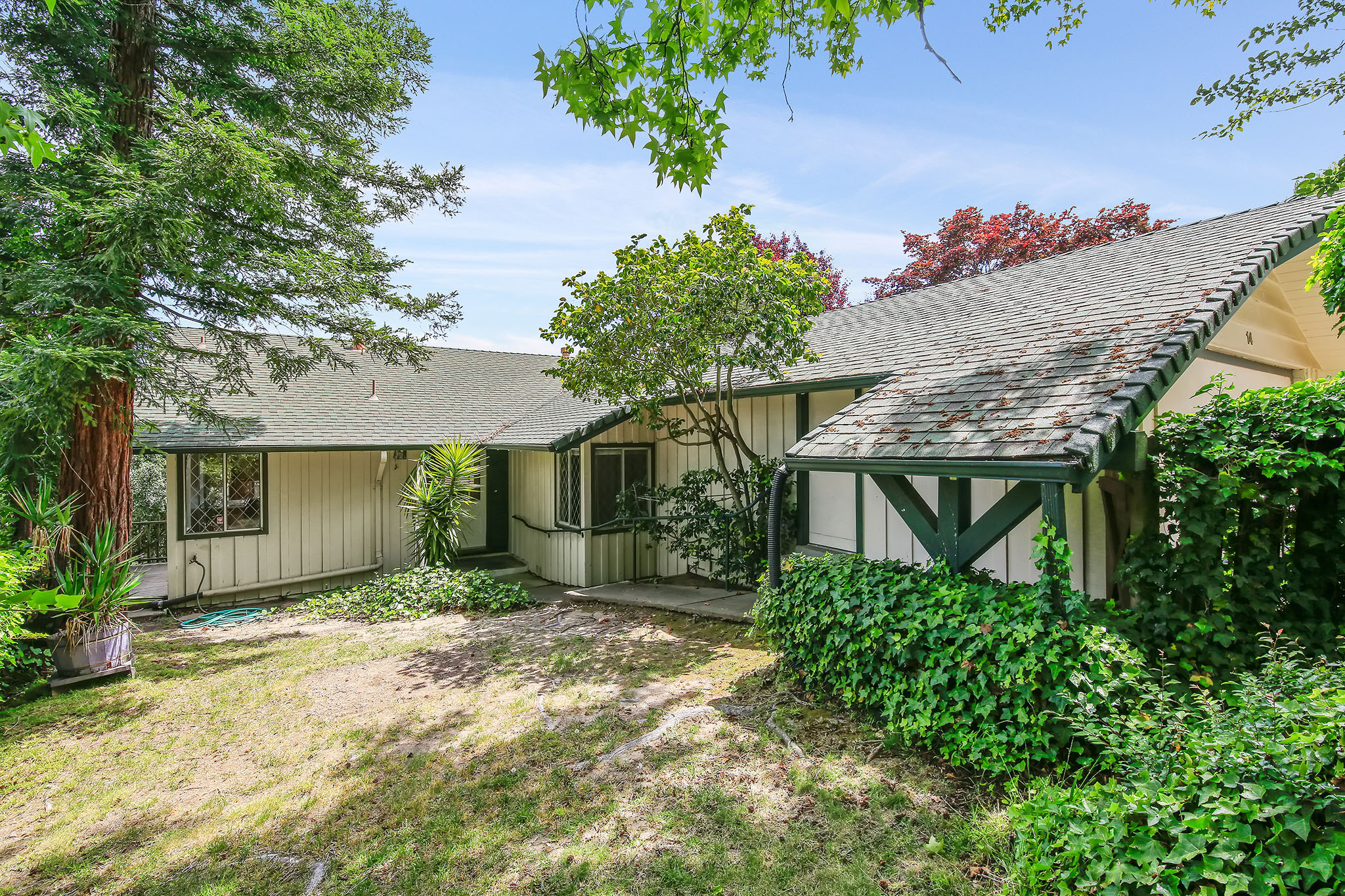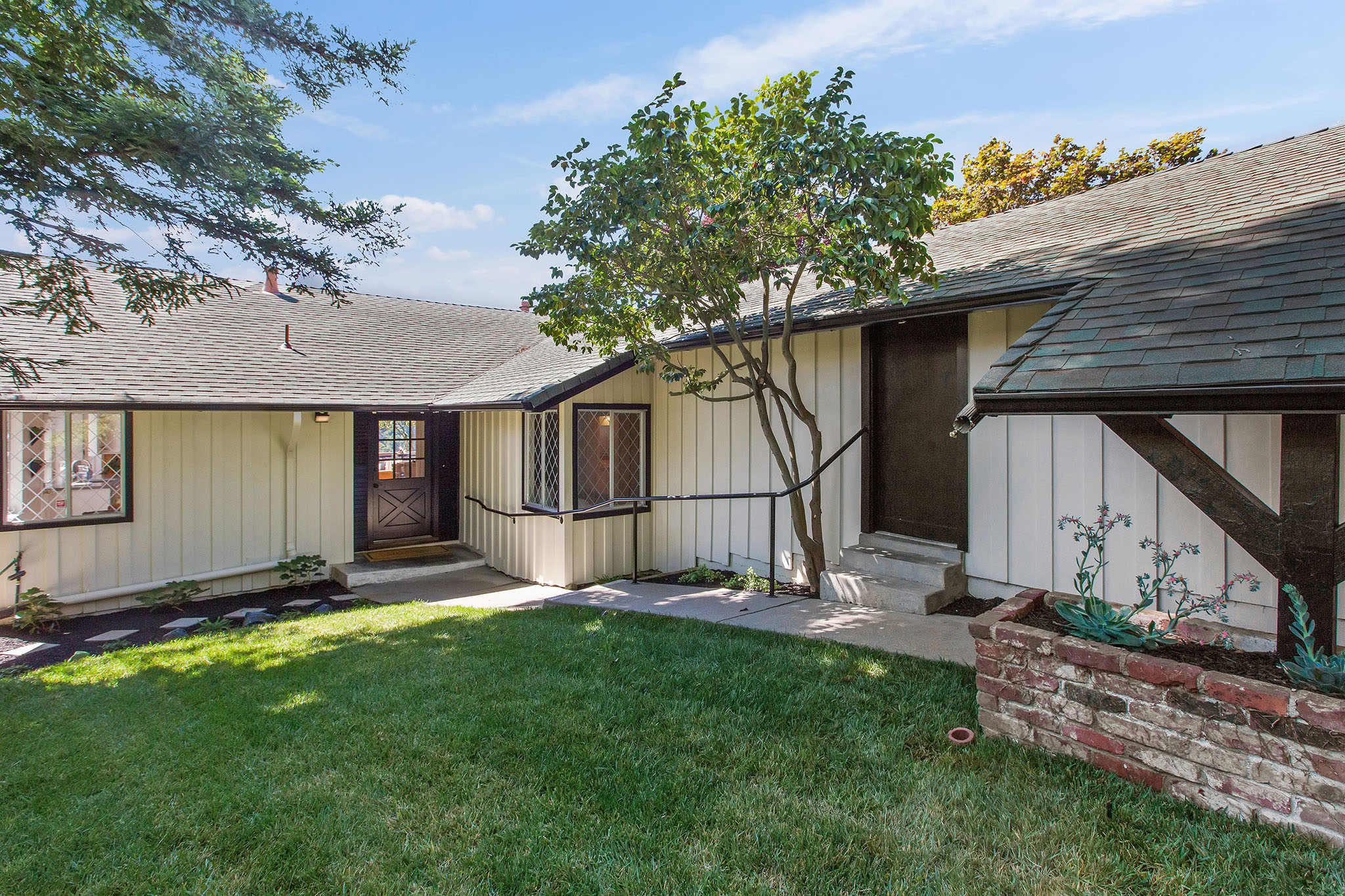I am noticing homebuyers are more selective and discriminating when viewing homes, considering price and deciding what to offer. They are analyzing the inspection reports closely, looking at functionality more than ever (i.e., is there off-street parking, what is the indoor/outdoor flow, how long will this property fit my needs), and looking to see if there is any potential to increase the value long term. All of my buyer clients this year have not felt "pressed" to buy, but are willing to throw in a great offer if the house checks all the right boxes.
What does this mean for sellers? A few things, it means now is not the time to overprice a home. The details matter and thoughtful touches that make a home stand out from its competition are important. Working with a local Realtor who understands this market and can make the calls to other agents and be the squeaky wheel on your behalf can make a huge difference in your outcome. This is not to say that we are suddenly in a buyers' market because, as of now, we are not. There are still many buyers who want in and are ready to plant roots; it means that a bit more care and analysis is needed to navigate this market.
Below are recent questions/concerns from a potential seller:
1) Can we make minor fixes (floors, paint, light fixtures, staging) and stay living in our home while it is for sale?
Vacant and staged homes typically sell for more than owner-occupied houses for many reasons. Most stagers that do a great job will not stage owner-occupied homes. When we (in general) live in homes, we tend to generate smells, food, moisture from the shower, etc. One can absolutely live in a home while on the market however extra cleaning before leaving may be necessary. With owner-occupied properties, buyers are typically restricted from viewing the home certain hours as opposed to being able to view it anytime, so it would be ideal if there could be a broad opening of showing hours. Also, some Realtors are predicting a surge in inventory and if this is the case, buyers will have more choices, so it is important that your home shows its best within your ability.
2) How much do you anticipate for the cost of minor fixes?
Many sellers spend between $15,000 - $25,000. Here is a breakdown on a recent deal:
Paint = $8,000, staging = $7,000, current inspections = $1,000, new light fixtures = $1,000, yard clean up and improvements = $2,000, window cleaning = $400, deep grout cleaning = $900
3) I have some concerns about inventory and that we need to sell ASAP.
I have worked in all type of markets and will work my hardest no matter what the scenario. My best advice for having the most success with the sale of your home is this; go on the market showing your best. The details matter and buyers need to not only like the space, but imagine themselves in the home. Use a local Realtor who really knows our marketplace who knows how to help you prepare the home for today's buyers who tend to be younger (i.e., paint colors, staging, light fixtures - really matter!). I would start as soon as you can as not all inspectors, painters and stagers are available immediately.








































